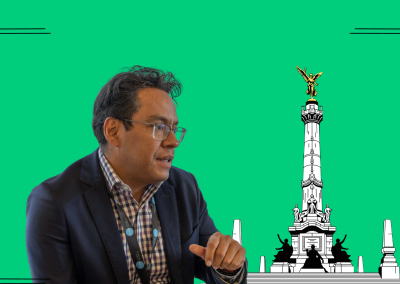RIDE Scorecard
Today’s new normal requires models of governance that mitigate risk and respond to evolving challenges.
The Challenge
The Resilient Infrastructure Diversity and Equity (RIDE) Scorecard has been developed by R-Cities and Wood to provide a framework for assessing resilient infrastructure projects according to key criteria for social and racial equity, the creation of green jobs, and climate-readiness.
Climate-ready infrastructure needs to withstand the physical demands of a changing climate while meeting the evolving needs of the community that the infrastructure serves. The RIDE Scorecard is a tool for evaluating proposed resilient infrastructure projects according to their assessed impact on areas such as social and racial equity, the creation of green jobs, and climate-readiness. These criteria can be weighted according to the priorities of key stakeholders, making this a flexible tool, applicable across many kinds of infrastructure projects.
In this way, the Scorecard will offer a free, open source, objective and transparent way to assess a proposed project’s impact. The aim is not only for the Scorecard to be used once a project has been finalized, but for it to be part of an iterative design phase; improvements to the design of the project show up as improvements in the project’s RIDE score. Equitable infrastructure projects go beyond mitigating negative short- and long-term social impacts and instead seek to enhance positive social equity outcomes, righting historic wrongs for traditionally underrepresented groups.
Infrastructure projects that build human capital seek to promote sustainable wealth benefits and human capital accumulation for traditionally underrepresented groups. They support the creation of new businesses and long-term jobs with living wages, education and skills development appropriate for the 21st century, and other social services.
The Scorecard has three main objectives:
- Identify infrastructure projects that meet the agenda of the Scorecard
- Enhance the quality of identified projects to better align with the agenda of the Scorecard
- Assess each project with a quantitative score that will factor into funding decisions
News and Resources

Urban Exchange Episode 32: Flood and Energy Resilience in Quezon City

Data, Health, Climate and Equity

